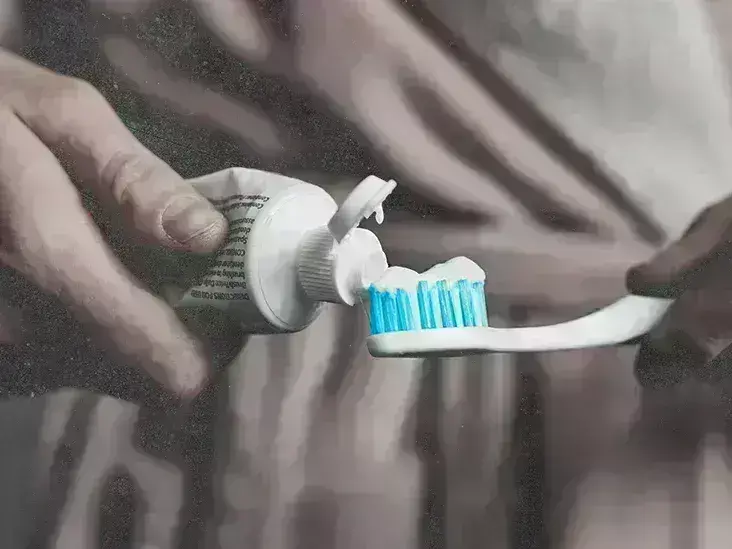- Home
- Medical news & Guidelines
- Anesthesiology
- Cardiology and CTVS
- Critical Care
- Dentistry
- Dermatology
- Diabetes and Endocrinology
- ENT
- Gastroenterology
- Medicine
- Nephrology
- Neurology
- Obstretics-Gynaecology
- Oncology
- Ophthalmology
- Orthopaedics
- Pediatrics-Neonatology
- Psychiatry
- Pulmonology
- Radiology
- Surgery
- Urology
- Laboratory Medicine
- Diet
- Nursing
- Paramedical
- Physiotherapy
- Health news
- Fact Check
- Bone Health Fact Check
- Brain Health Fact Check
- Cancer Related Fact Check
- Child Care Fact Check
- Dental and oral health fact check
- Diabetes and metabolic health fact check
- Diet and Nutrition Fact Check
- Eye and ENT Care Fact Check
- Fitness fact check
- Gut health fact check
- Heart health fact check
- Kidney health fact check
- Medical education fact check
- Men's health fact check
- Respiratory fact check
- Skin and hair care fact check
- Vaccine and Immunization fact check
- Women's health fact check
- AYUSH
- State News
- Andaman and Nicobar Islands
- Andhra Pradesh
- Arunachal Pradesh
- Assam
- Bihar
- Chandigarh
- Chattisgarh
- Dadra and Nagar Haveli
- Daman and Diu
- Delhi
- Goa
- Gujarat
- Haryana
- Himachal Pradesh
- Jammu & Kashmir
- Jharkhand
- Karnataka
- Kerala
- Ladakh
- Lakshadweep
- Madhya Pradesh
- Maharashtra
- Manipur
- Meghalaya
- Mizoram
- Nagaland
- Odisha
- Puducherry
- Punjab
- Rajasthan
- Sikkim
- Tamil Nadu
- Telangana
- Tripura
- Uttar Pradesh
- Uttrakhand
- West Bengal
- Medical Education
- Industry
Fluoride use, milk intake and reduction of sugar-sweetened beverages may predict caries in young adults

Fluoride use, milk intake and reduction of sugar-sweetened beverages may predict caries in young adults suggests a new study published in the Journal of Public Health Dentistry.
A study was done to assess the caries incidence from late adolescence to early adulthood and to identify the factors associated with caries incidence.
This is a secondary analysis of longitudinal caries data of young adults aged 17–23 from the Iowa Fluoride Study cohort. The inclusion criteria required completion of dental exams at both ages 17 and 23 and having cumulative exposure (AUC) variables data for at least 8 out of the 11 time periods between ages 17 and 23. Mean imputation was used to handle the missing explanatory variable data. Multiple linear regressions were conducted using a generalized linear model to assess the effects of sociodemographic and behavioral/dietary variables on the age 17–23 adjusted cavitated caries (D2+MFS) increment (AdjCI17-23). Multicollinearity was assessed using the variance inflation factor (VIF) and the final model was selected based on the Akaike Information Criterion (AIC) using backward selection and the net effects calculated.
Results
The mean AdjCI17-23 was 2.08 (SD = 4.02). The net effects (main effect plus interactions) of higher composite socioeconomic status, higher combined daily fluoride intake, higher frequency of milk intake, lower amount of sugar-sweetened beverages intake, and lower age 17 dental caries counts were associated with lower mean AdjCI17-23.
The incidence of caries from age 17 to 23 in this study was low. This study suggests and reinforces the need to continue to advocate for caries preventive strategies such as fluoride use, encouraging milk intake, and reducing sugar-sweetened beverage intakes.
Reference:
Chukwuebuka Ogwo BDS, MIH, MSPH, PhD. Dental caries incidence and associated factors in young adults. First published: 30 September 2023 https://doi.org/10.1111/jphd.12586
Keywords:
Fluoride use, milk, intake, reduction, sugar-sweetened, beverages, may, predict, caries, young adults, Journal of Public Health Dentistry
Dr. Shravani Dali has completed her BDS from Pravara institute of medical sciences, loni. Following which she extensively worked in the healthcare sector for 2+ years. She has been actively involved in writing blogs in field of health and wellness. Currently she is pursuing her Masters of public health-health administration from Tata institute of social sciences. She can be contacted at editorial@medicaldialogues.in.
Dr Kamal Kant Kohli-MBBS, DTCD- a chest specialist with more than 30 years of practice and a flair for writing clinical articles, Dr Kamal Kant Kohli joined Medical Dialogues as a Chief Editor of Medical News. Besides writing articles, as an editor, he proofreads and verifies all the medical content published on Medical Dialogues including those coming from journals, studies,medical conferences,guidelines etc. Email: drkohli@medicaldialogues.in. Contact no. 011-43720751


